 March 2015
Space weather: the public & policy
March 2015
Space weather: the public & policy
... include the power grid, civil aviation and many satellite applications. The threat posed to these technologies by severe... organisations. The workshops showed strong support for systems resilience against space weather – that everyone government...
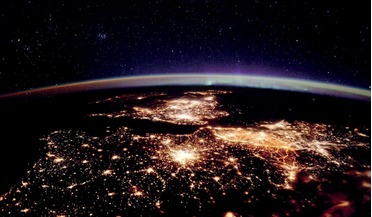 May 2017
Could Brexit blow a hole in UK’s space ambitions?
May 2017
Could Brexit blow a hole in UK’s space ambitions?
...the final nature of Brexit. The EU itself is a major contributor to ESA, principally for the Galileo global navigation satellite system (GNSS), which began operations in December 2016, and the Copernicus Earth observation programmes. Funded and owned...
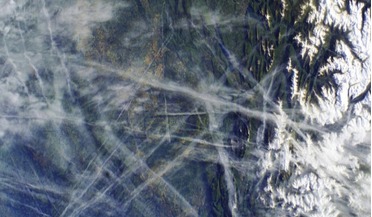 November 2017
Managing air and space traffic from orbit
November 2017
Managing air and space traffic from orbit
... that GPS had a major advantage over traditional radar navigation and in the 1980s it was allowed for civilian use. With this emerged the generic name of Global Navigation Satellite System (GNSS). Russia then developed its own GNSS called...
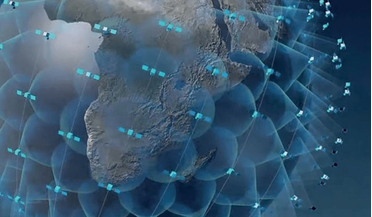 May 2017
Future space applications and their regulatory needs
May 2017
Future space applications and their regulatory needs
... these inherent dual use implications complicate the international cooperation and regulatory aspects of this vital capability. Global Navigation Satellite Systems (GNSS) are a more recent technology but have quickly become a vital utility for our...
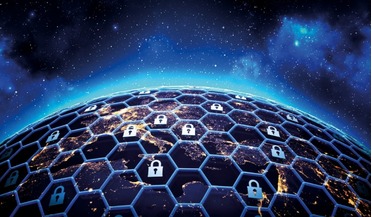 October 2019
Space-based cybersecurity challenges for NATO
October 2019
Space-based cybersecurity challenges for NATO
... forces vulnerable to attacks. In 2002, the EU initiated a European alternative to GPS, which is one of four existing Global Navigation Satellite Systems (GNSS). At the core of Galileo lies a European strategic determination to create a stand-alone...
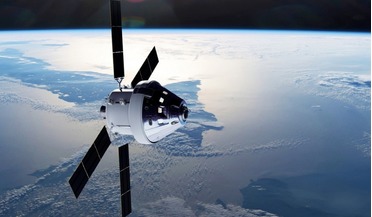 February 2020
Europe’s role in space standardisation
February 2020
Europe’s role in space standardisation
...with China), we develop a set of interface standards to ensure interoperability of the hardware. The European GNSS (Global Navigation Satellite Systems) is a big European project potentially leading the way to new applications. Why is it of strategic...